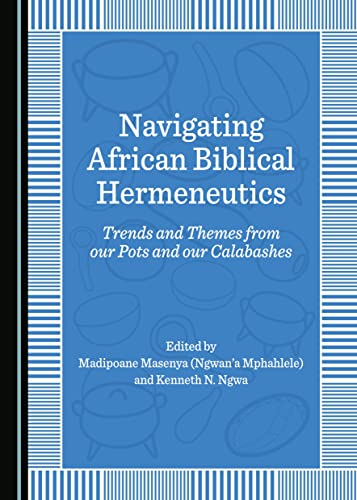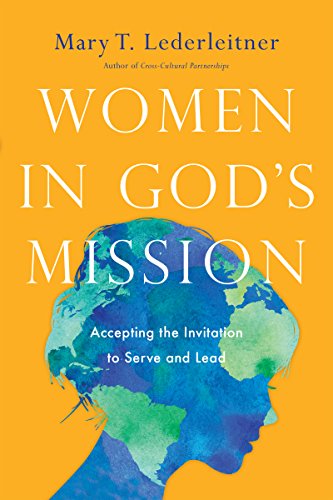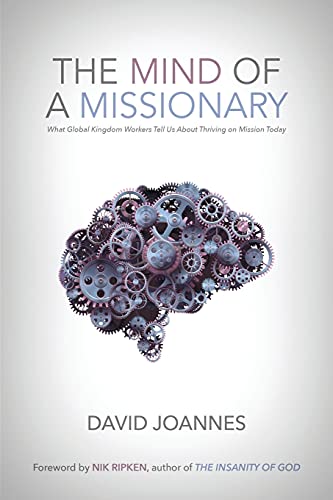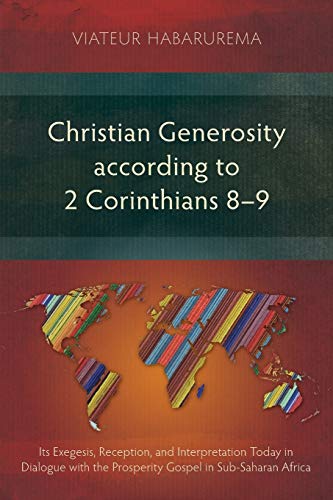Letters to My Students: Volume 1, On Preaching
Written by Jason K. Allen Reviewed By Simon ManchesterI have read many books on preaching, but I honestly think this may be the best brief introduction that I’ve come across.
Jason Allen is the—relatively young—president of the Midwestern Baptist Theological Seminary in Kansas City, Missouri. He is obviously familiar with preachers who have been instrumental in the last two centuries and adapts the famous title of Spurgeon’s Lectures to My Students to come up with these Letters to My Students.
In twenty brief “letters” Allen identifies some of the best ways to preach faithfully and helpfully. (If I began the book unsure that it would be all that helpful, I finished it convinced that it is a very useful book to put into the hands of every preacher.)
The book is divided into three sections: (1) Preparing to Be a Preacher, (2) Preparing Your Sermon, and (3) Growing in Your Preaching.
In the first section the emphasis is on the preacher and the priority of exposition. Allen identifies four marks of a call to this ministry—two that are subjective (a desire for the work and a surrender to the work) and two that are objective (ability to teach and a holy life). He returns to this theme at the end because if there is no deep passion for the work it will be easily lost or abandoned.
Allen’s theology of preaching—conviction about sin, Scripture, the Spirit, exposition and character—is a skillfully presented and essential beginning point of the book. Unless we understand these things, we will never rise above the temptation to “entertain or simply fill the hour” (p. 12). Of great help in the book is Allen’s conviction that preachers can and will develop if the right priorities are in place.
Allen is convinced that the expositor “doesn’t merely preach from a text or on a text. He preaches the text” (p. 38). He gives twelve reasons why this is vital—not least as the way to a healthier church. Then he guides the beginner with some very great wisdom: start with a simple passage, prepare thoroughly, remove yourself from the sermon as much as possible, lift Jesus high, and trust the Lord despite your feelings—“the effectiveness of the sermon rests in God’s power, not yours” (p. 53).
In the second section of the book, Allen addresses every preacher in ways that I wish every preacher would be addressed! He writes as a pastor asking how the Scripture speaks to the ordinary person, the suffering, and the frightened. He appeals, therefore, for the preacher to know the context of their text and the context of their listeners. Preparation should be “more like a Crock-Pot than a microwave. Slow and protracted contemplation often will yield the best results” (p. 62). This will take time and effort.
There are basic questions to ask when beginning preparation—who, where, what, and why-type questions. The aim is to get an exegetical outline and then a hermeneutical outline. Allen guides the preacher through a “point by point” sermon—suggesting the introduction and conclusion be worked out last. There is wisdom on illustrations, good (and bad) words to use when preaching (pp. 96–97) and how to ground ethical imperatives in the Gospel: e.g., “don’t focus on giving a lot of imperatives without reminding the congregation of the indicatives of the gospel” (p. 92). In a day of unbelief there can hardly be a more important priority than this in restoring belief rather than crushing the last drops of it out of people.
Allen tackles some common (and highly relevant) problems in preaching today, from the fear of addressing a congregation as “you” to the weariness of promising to conclude and then not concluding!
The book’s third section (on growing as a preacher) grapples with questions like special occasions and whether to preach in response to events in the news. His advice on this is very wise. Are these events affecting your people substantially, do they pose a threat to people morally or doctrinally, is a pastoral response necessitated? He boldly suggests that we preachers may talk about our readiness to preach on the issues of life (e.g., “gender, race and racism, sexuality, and marriage”) but strangely “never come across them in the text” (p. 115).
Allen suggests that a sermon must “be an invitation” (p. 127) without having to attach an invitation at the end of the sermon. That is, people should be called to respond in some way without the necessary call to the front. And he rightly attacks preaching that is ranting, suggesting we preach to God’s people not at them (p. 148).
There is much more that could be said in a book on preaching but as a manageable introduction I would be glad to give this to all preachers and use it as a good discussion starter among pastors. In a day when much preaching is “a mild-mannered man encouraging milder-mannered people to be more mild-mannered” (p. 32) we could do with every help we can get.
The strengths of this little book include skillful advice on getting the text right and practical help on getting the message across. Permeating the book is the heart of a pastor with passion for the message but also compassion for people.
There are big issues raised by Allen—like the need to ground imperatives in the indicatives of the gospel and the importance of preaching Christ from the entire Bible—that offer a theological challenge to us all and should be pursued in greater detail by the reader.
There are some personal challenges—like putting self and family illustrations aside and being ready to tackle issues that our people are bewildered by in their Christian lives—that should provoke deep reflection.
As the young and the old preacher will benefit from these “letters,” this is a book to give to both.
Simon Manchester
Simon Manchester
All Saints Woollahra
Woollahra, New South Wales, Australia
Other Articles in this Issue
This article is a brief response to Bill Mounce’s recent Themelios essay in which he argues that functional equivalence translations such as the NIV are the most effective approach to Bible translation as they carry over the meaning of the original text...
In 1 Timothy 2:15, Paul asserts “the woman will be saved through the childbirth...
This article argues that Paul compares the day of the Lord to a thief in the night in 1 Thessalonians 5:2 because of the influence of Joel 2:9...
The Jerusalem Donation was the Apostle Paul’s largest charity drive...







